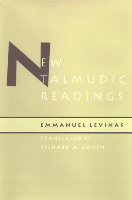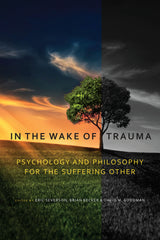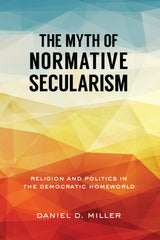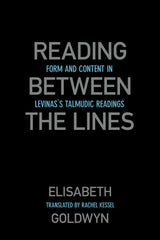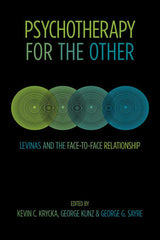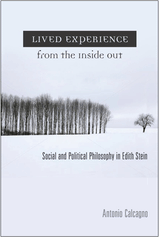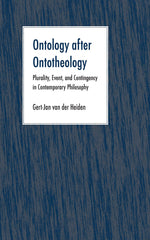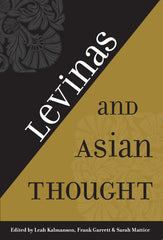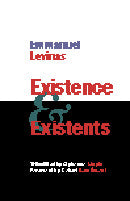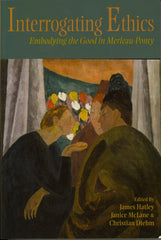New Talmudic Readings
Emmanuel Levinas | Translated by Richard A. Cohen $20.00Published in 1999 | 131 pages | paper | ISBN: 978-0-8207-0403-6
Book Information:
This small but important volume contains three of Emmanuel Levinas's last major lectures on the Talmud, originally presented in 1974, 1988 and 1989. These three readings continue and augment much of Levinas's thought as presented in the earlier works, Nine Talmudic Readings, In the Time of the Nations and Beyond the Verse. While Levinas is perhaps better known for his strictly philosophical corpus, including the highly influential Totality and Infinity and its sequel, Otherwise than Being or Beyond Essence, his Talmudic commentaries have generated great interest in both theological and philosophical circles. These exegetical writings bear on his ever-present concern with ethics, the central focus of his philosophy. One of the most remarkable consequences of this focus, furthermore, is a renewal of philosophy's capacity to both respect and uncover the deepest meanings central to sacred as well as secular texts. Levinas's strict emphasis on the ethical duty to “the Other” separates him from currents of postmodernism that are often viewed as radically skeptical or nihilistic. This sort of outlook informs Levinas's reflections on the Talmud and the Bible⎯reflections that, it should be noted, have won him an admiring readership among both Jewish and Christian theologians. Among these admirers is Pope John Paul II, who has often praised and quoted his work. Originally compiled and published in French in early 1996, New Talmudic Readings includes the lectures, “The Will of Heaven and the Power of Men,” “Beyond the State in the State,” and “Who is Oneself?”
Author Information:
EMMANUEL LEVINAS, a major voice in twentieth century philosophical thought, died in late 1995. After studying under Edmund Husserl and Martin Heidegger in the late 1920s, Levinas went on to develop a philosophical system that placed ethics at its center. His writings have influenced several generations of French philosophers, including Jacques Derrida, and have won him an admiring audience among theologians.

